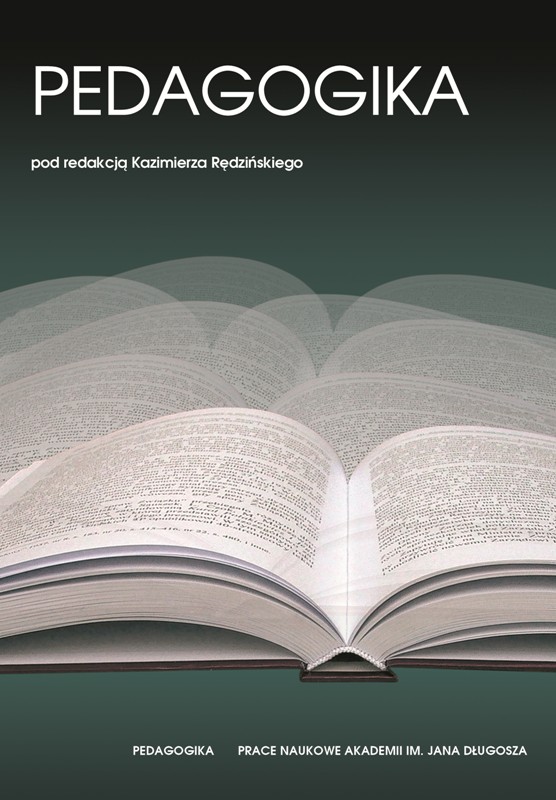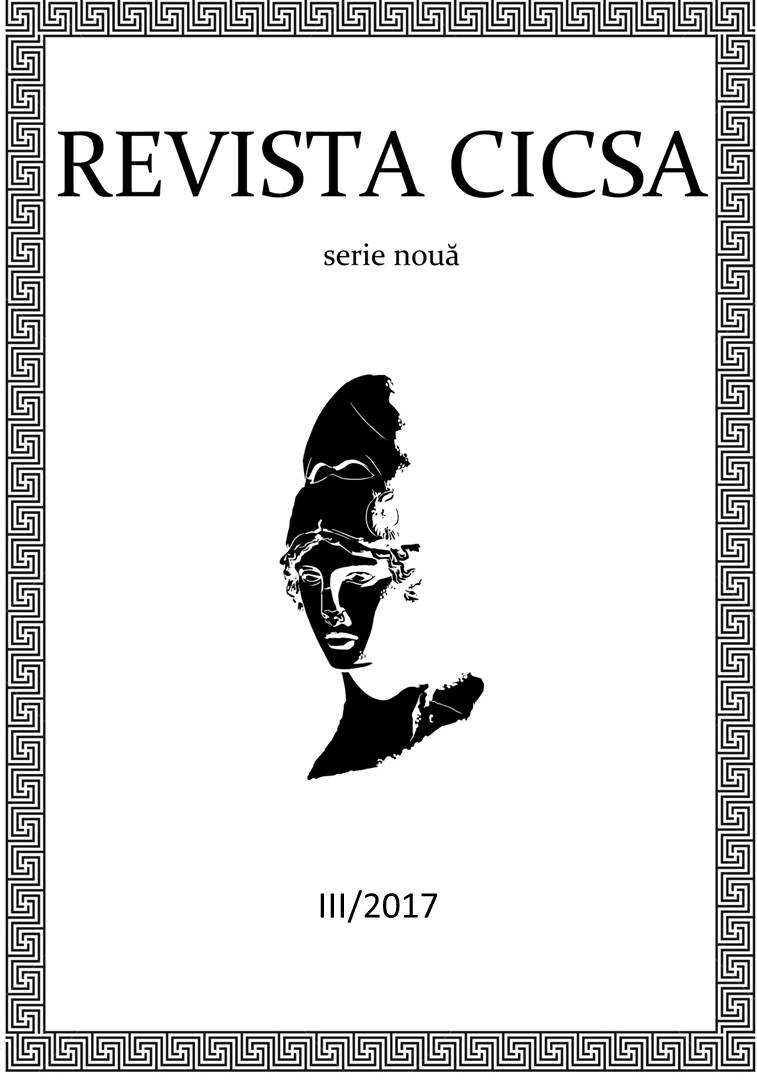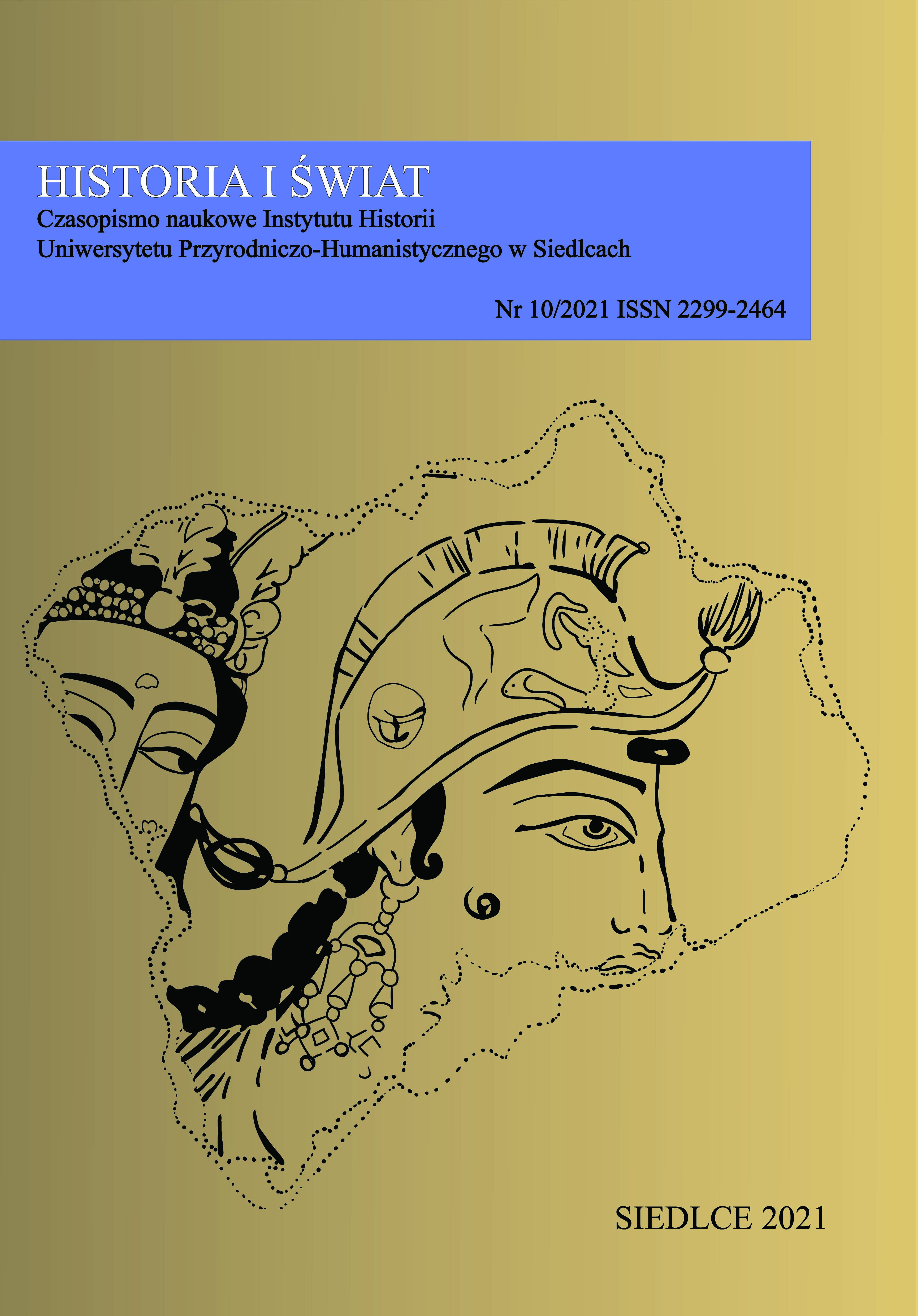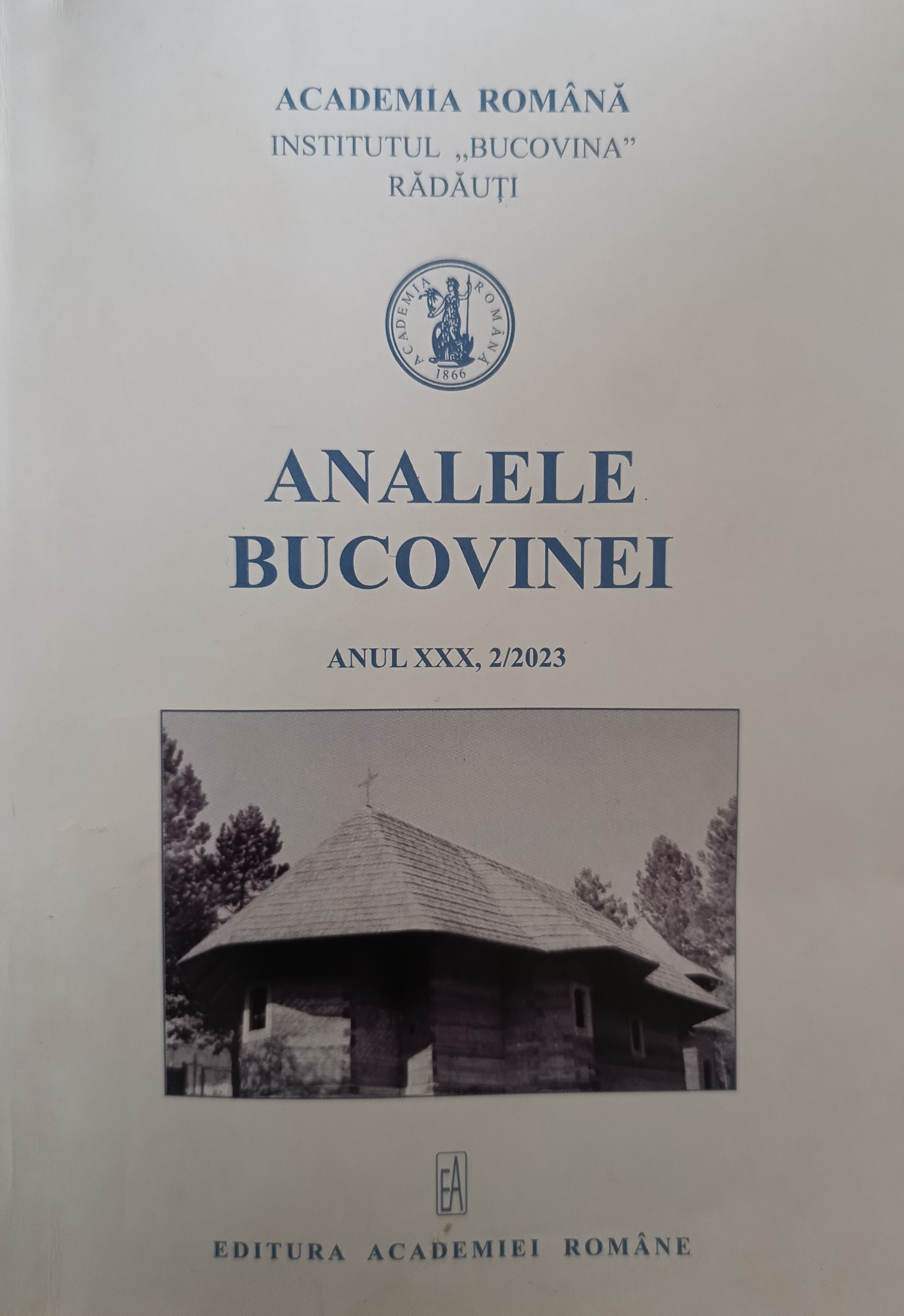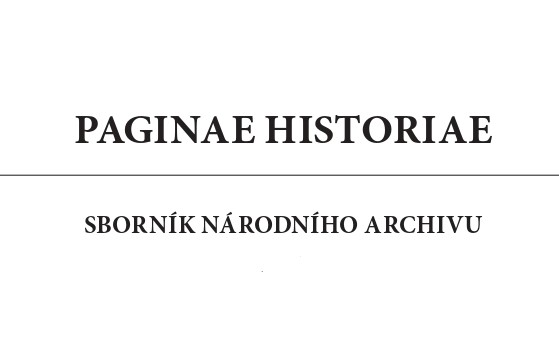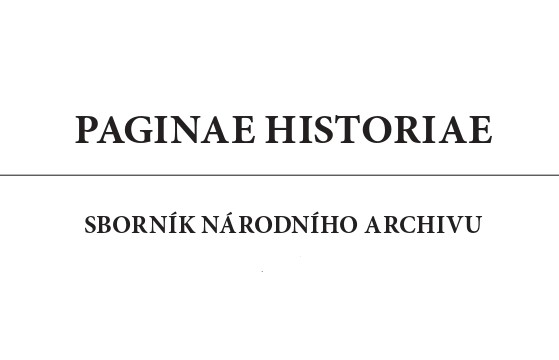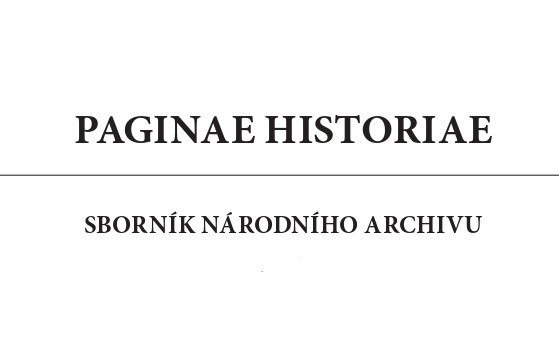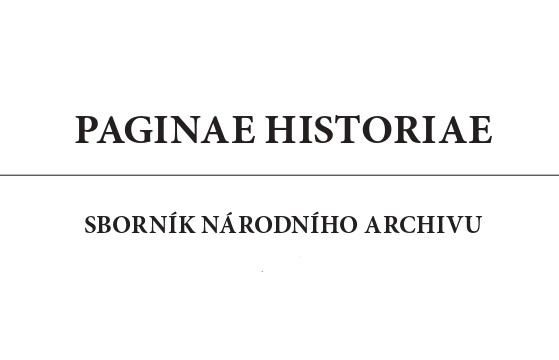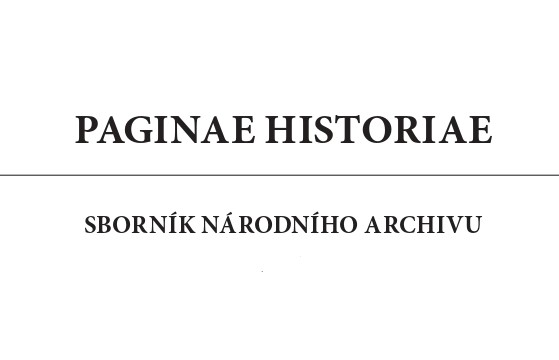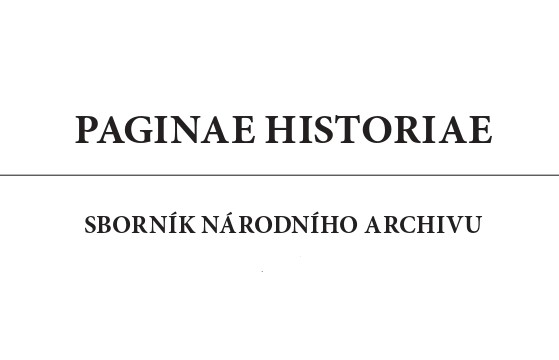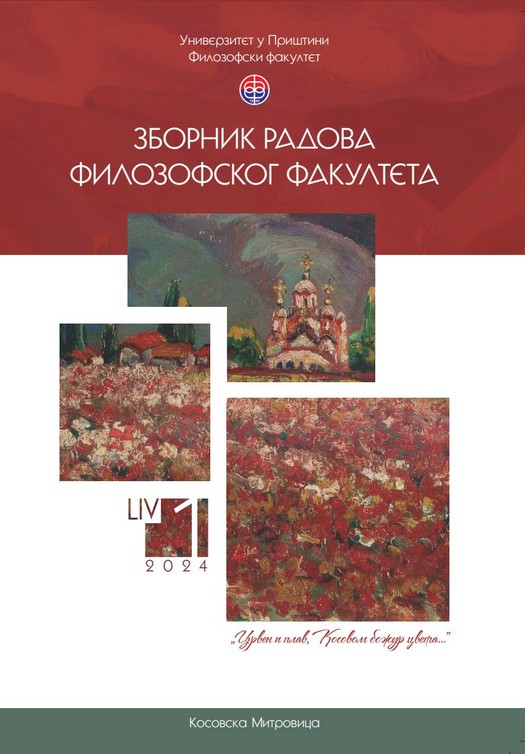Author(s): Žaklina Spalević,Milan Palević / Language(s): Serbian
Issue: 1/2024
Mercenary, as a social phenomenon, is a constant companion of the historical development of humanity. There have always been, and still are, individuals, independently or organized in groups, who will offer their services of skills and knowledge of warfare on the world market. On the other hand, in the long series of centuries of human existence, almost everyone who had a sufficient amount of money and had a clearly expressed interest in and goal for such a thing hired individuals skilled in warrior skills and other knowledge and abilities that could be used on the battlefield for the realization of various economic, political, geo-economic, and geo-political goals of their employers.The use of private violence was brought under state control after the Peace of Westphalia in 1648, where regular military service is the key guarantor of the cumulative survival of the relevant elements of statehood, i.e. the exercise of sovereign powers. However, this did not abolish the practice of mercenary work, but changed it somewhat and adapted it to the new social circumstances. Through the process of social evolution, mercenary military units are transformed into efficient, highly profitable and modern corporate structures which employ diverse, highly qualified personnel, manage them, and provide a wide range of military and security services to various and numerous state and non-state entities – clients.For modern times, in this sense, the appearance and actions of mercenaries during the decolonization process—conventional mercenary formations, on the one hand, and private military companies as a sort of contemporary quasi-mercenary phenomenon which do not themselves fit into the glossary, on the other—are indicative of the so-called legal qualification of classic mercenaries as they are recognized and explained by the key international documents in the field. The very emergence of private military companies led to a fundamental disruption in the perception of the term mercenary. It is no longer contained by, nor capable of being a strictly individual phenomenon. Also, over time, private individuals, multinational corporations, and even international organizations are becoming more and more prevalent among the interested parties seeking to hire mercenary services, in addition to the state and its agents.International documents pertinent to the mercenary issue are Supplementary Protocol I (from 1977) and two conventions specifically created for this issue—the UN Convention against the Recruitment, Use, Financing, and Training of Mercenaries (from 1989) and the Convention of the Organization of African Unity for the Elimination of Mercenaries in Africa (from 1977). In these documents, mercenaries are “stigmatized” as the only entity of interest in international humanitarian law devoid of any legal protection within that particular subsystem of international law. However, the definition of a mercenary is quite restrictive. The provisions concerning the conditions and circumstances under which a person can be treated, that is, declared a mercenary, are difficult to apply in practice. Due to the restrictive nature of their “defining” aspects, the existing rules on mercenaries are difficult to apply in practice and make it difficult to achieve the ultimate goal of those international documents, which is to suppress and prosecute perpetrators of incriminated mercenary behavior and mercenary practices. On the other hand, the mercenary category is not very helpful when it comes to the qualification and legal positioning of private military companies as international corporate enterprises, which include various military potentials, military or paramilitary assets, personal skills and specialties of the employed personnel, and whose main goal is to make a profit, i.e. profit.Although they are often defined as mercenaries in public discourse, private military companies deviate from representations shaped by reminiscences from the distant and recent past, primarily military mercenaries from the Middle Ages, times of religious wars, colonial conquests, and participants in post-colonial wars of the 20th century, which were particularly infamous for violating international humanitarian law and human rights during the suppression of national liberation movements on African and Asian soil. The key difference between conventional mercenaries and private military companies, apart from the fact that mercenaries are criminalized by the provisions of international humanitarian law, is the existence of a corporate element in the provision of military services.This security sector is still not precisely defined and legally shaped, but it is undoubtedly influenced by the fundamental principles of international humanitarian law and other subsets of the international law system that would be directly or indirectly involved in the activities of these organizations or their employees in such delicate and important areas of international life as security and the use of force in international relations are.
More...
